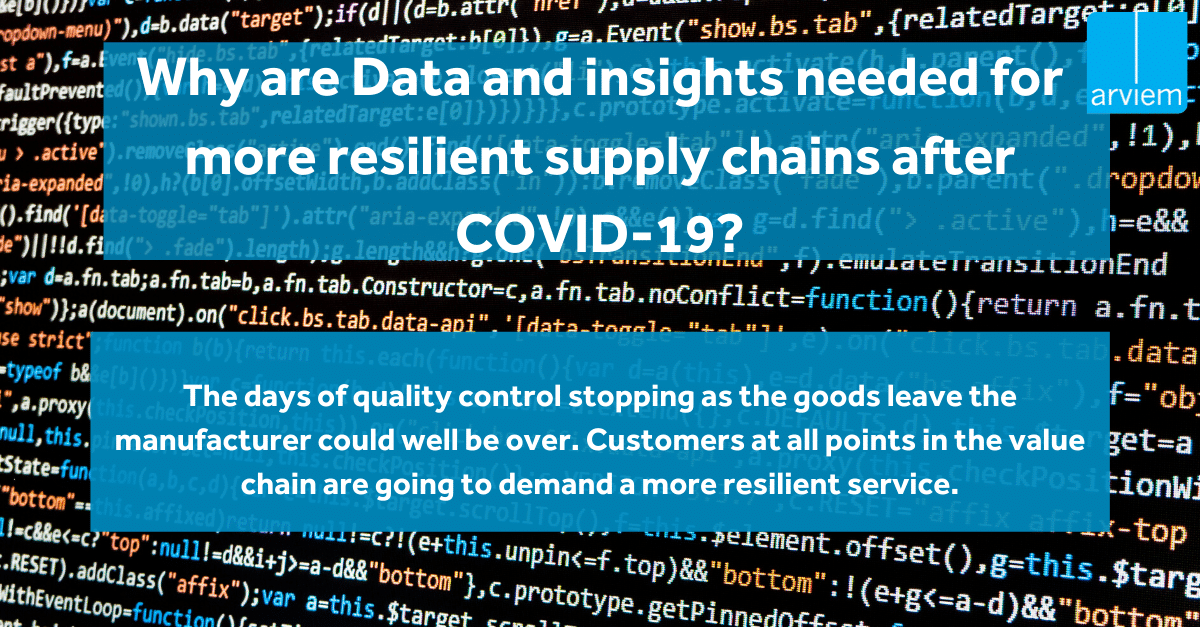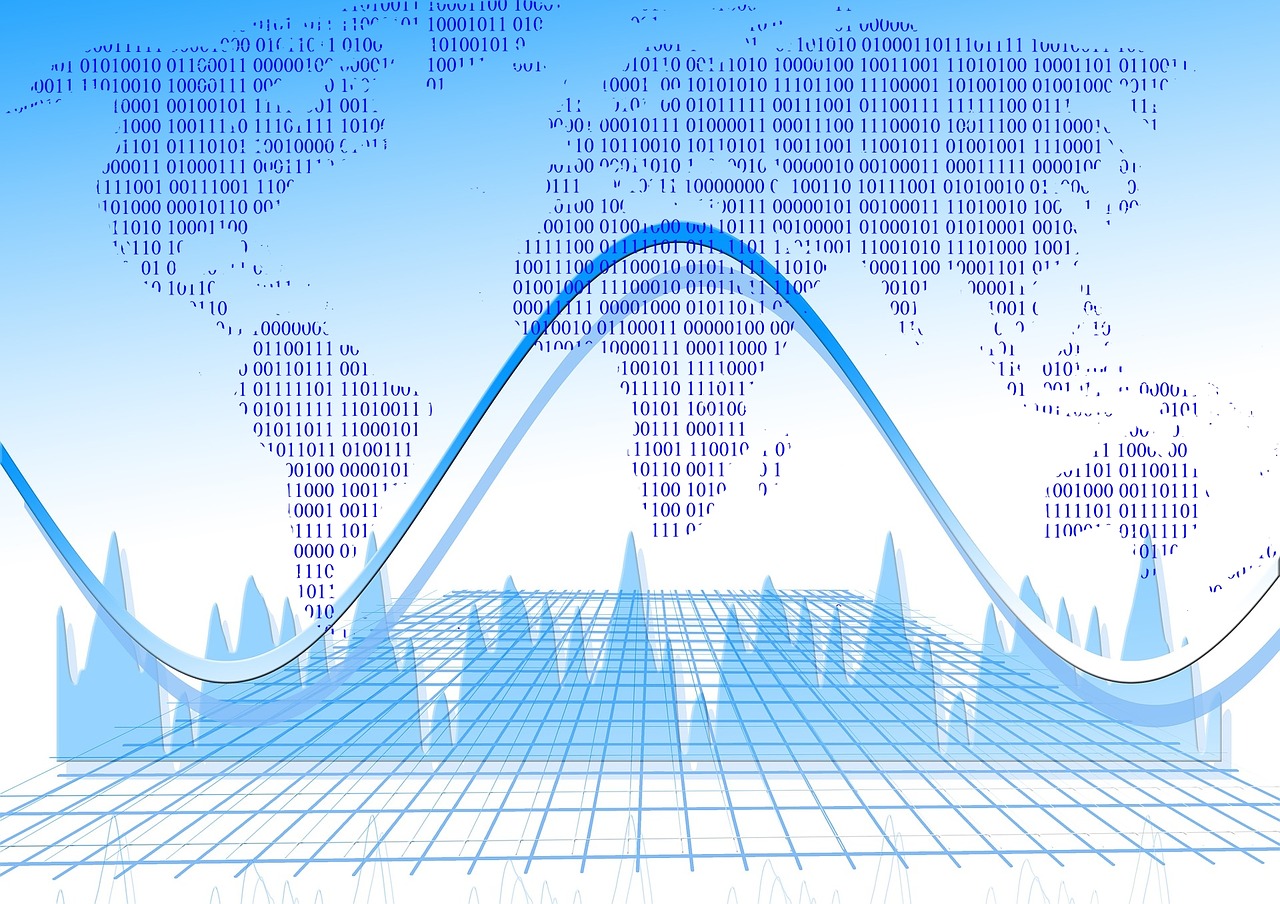Industry 4.0 means reduced costs and improved efficiencies. It means greater speed and scale. It means smarter products and services.
It means Industry 4.0.
In order to make all this happen, factories need to become more flexible, more intelligent and more efficient – machines, assets and products will start “talking” to each other within the factory but also between the different players. The car manufacturing process is an often-used example. At the moment the car manufacturer assembles the injectors into the engines, the information will also be sent to the injector supplier and to the supplier of the injector supplier – a seamless vertical integration will happen, which allows not only efficiency gains.
HOWEVER – I have hardly ever heard about the Industry 4.0 implications on the physical integration among the factories, warehouses, suppliers etc.
The supplier of the injector supplier knows now in real-time, when to produce the next batch of components to be delivered to the injector supplier, who can now better plan the production of injections, which have to be sent to the car manufacturer.
What happens, though, if the components suffer from some external parameters like condensation during transit time with implications on the quality of the injector? And what if the (bad-quality) injectors, while in transit on a container, suffer from a strike at the port of loading and arrive delayed?
The horizontal integration of suppliers and clients in the Industry 4.0 concept neglects the intelligent integration between the different parties like suppliers and clients. It neglects the intelligent integration of the supply chain – the supply chain 4.0.
Similar to the intelligent factory, where parts become intelligent and start talking to each other, the common denominator in the intelligent supply chain are the items, pallets, containers, trailers, trucks etc. The more these parts in the intelligent supply chain are able to collect data and talk in real-time the sooner the same concept in supply chain can be applied as with Industry 4.0 – the supply chain 4.0:
It means reduced costs and improved efficiencies. It means greater speed and scale. It means smarter decisions!
Electronically connecting the supply chain however means also collecting a lot of additional data. And the data has to be analysed efficiently to make actionable information out of it.
A “Chain Control Tower” is required, which allows not only shipment specific reporting and data analysis (in real-time) but also big-data analysis.
By doing so, the “Chain Control Tower” will empower clients and suppliers to make quick decisions on shipment level in case of deviations from the plan with implications on Industry 4.0.
At the same time the “Chain Control Tower” will break up the silo-view and establish the digital supply chain with diagnostic and even predictive analytics.
At arviem, we are working on the vision of a digital end-to-end supply chain and would be honoured to discuss your ideas and requirements.


